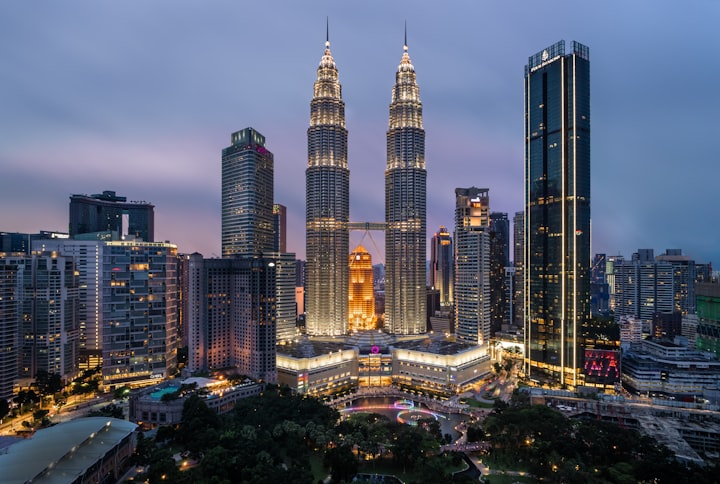
According to Google, culture shock is “the feeling of disorientation experienced by someone who is suddenly subjected to an unfamiliar culture, way of life, or set of attitudes”.
To me, it is this and so much more. It is a loss of identity. A loss of the objects and the elements that make us feel comfortable. It is an innate sense of guilt evoked from being born lucky. And somehow, culture shock remains an individualized notion; it is how you allow the strangling vibrations of your surroundings to shape you, your perspective, and your past, current, and future relations.
Over my 2016 travels around Asia, I did not expect to witness extreme poverty. I did not expect the slums; the rows upon rows, the blocks among blocks, of complete slums. The homeless, oceans among oceans of homeless people. It was as though I was pulled into the movies I had so frequently watched, except for the fact that none of this was romanticized. Many people conducted “businesses” within their homes — those who could afford to own refrigerators were selling single pieces of ice blocks and coconuts and mangoes were being sold by those who had retrieved them on the streets, priced at a nickel apiece. The simplest of items were bargained for in order to obtain some sort of fiscal means. This seemed to be the only type of business that thrived in the majority of the regions that I had visited, and walking past the salesmen stirred a sense of sympathy within me that is beyond words. Naked kids were scattered along the streets, stray dogs covered in sores were running all over the place, fisherman offered up their day’s work to the marketplace, and so many people were without homes.
After observing the employees at place I had stayed/visited, and those living on the streets, I decided that maybe poverty is, in some ways, merely an ideology. Like a state of mind that individuals who want what is beyond their grasp find themselves in. If you are content with what you have and are able to keep yourself happy, if you can obtain clean drinking water and enough food, among other necessary items that provide the basis for human life, then, by definition, can you really say that you live in poverty? On the other hand, if your mind is fixated on materialism, if you continuously want more and are willing to spend disproportionate amounts of your pay cheque on the sensation of feeling like you have attained a fraction of “luxury”, then maybe you are trapped in your own mental state of poverty.
I don’t mean to paint any struggling nations in a negative light, and I do admit that my experience was more Westernized and opulent in comparison to stories I’ve heard of other people who had travelled to developing countries. And don’t get me wrong; I’m thankful for it all. I could go on and on about the quality of the roads or how some houses are made completely of bamboo sticks or how, more importantly, some of the kids I witnessed will never know what is beyond their world — but maybe, in some ways, these are not all necessarily bad things. This has lead me to realize that while Westernization is accelerating at rates beyond me, it also encompasses problems of its own. The abundance of technology we are exposed to has created a vicissitude in our human interaction. We are unable to hold conversations or maintain solid eye contact, and we refer to our phones whenever we feel uncomfortable. Meanwhile, the people I observed on my Asia trip have learned to fill in what I consider to be a social void as villages seemed to be rich in human interaction.
Lastly, I’ve learned that we, as a Western society, are so incredibly dependent on and shaped by the voices of the media that we lose touch with our own perceptions. We are so quick to accept that whatever we see or hear online is accurate. Upon my arrival, I posted really amazing pictures on my website and Instagram of my travels, resulting in people telling me they were “envious” or “jealous” of summer, though meanwhile, deep down, I felt grossly guilty for being born into privilege and uncomfortable the majority of the time. Social media is sometimes a facade and I’ve learnt that, first hand.
Instead of being compliant, I urge you to create your own ideas, to go on your own adventures, and to interpret life in your own unique way. Make everything your own.
Love,
Tiffany Rioflorido





Comments
There are no comments for this story
Be the first to respond and start the conversation.